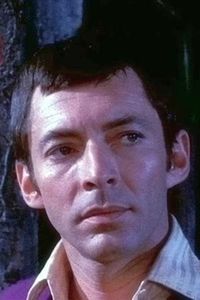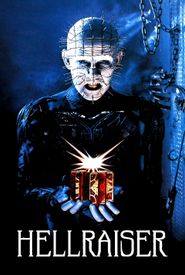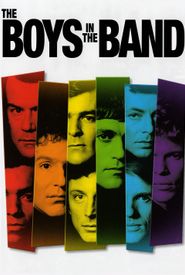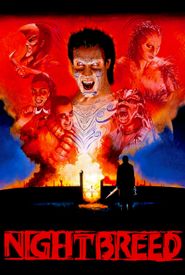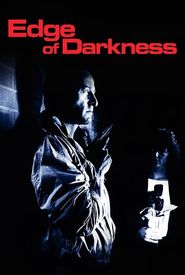Kenneth Nelson, a multifaceted individual, came into this world on March 24, 1930, in the charming town of Rocky Mount, North Carolina, United States of America. This remarkable actor, whose career spanned several decades, was recognized for his captivating performances in a variety of film and television productions.
Some of his most notable roles include the iconic 1987 horror film "Hellraiser", the groundbreaking 1970 drama "The Boys in the Band", and the 1990 cult classic "Nightbreed". Throughout his illustrious career, Kenneth Nelson consistently demonstrated his versatility and range as an actor, leaving a lasting impact on the entertainment industry.
Tragically, Kenneth Nelson's life was cut short on October 7, 1993, in London, England, United Kingdom. Despite his untimely passing, his legacy continues to be celebrated and remembered by fans and admirers alike.
